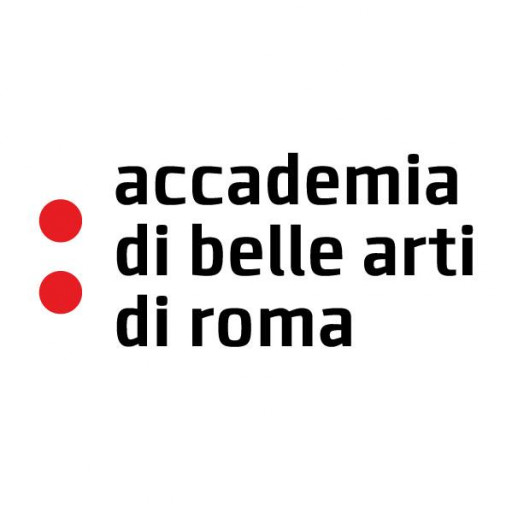Photos of university / #ucl
The Audiological Science MSc provides a detailed study of the hearing and balance mechanisms: their structure, function and pathology. The relationship between laboratory research and clinical aspects forms a key element: lectures, demonstrations and tutorials will be complemented by practical experience in the clinic and laboratory.
Students learn how people develop, or are born with, hearing and/or balance difficulties; how to test for hearing and balance problems and how to rehabilitate or habilitate patients with these problems. They learn the theory and science underpinning these practical clinical skills including acoustics and the anatomy and physiology of the auditory and vestibular systems.
Students undertake modules to the value of 180 credits.
The programme consists of eight core modules (120 credits) and a research project (60 credits).
A Postgraduate Diploma, eight core modules (120 credits), full-time nine months is offered.
Core modules
- Signals, Systems, Acoustics and the Ear
- Anatomy and Physiology of the Audiovestibular System
- Diagnostic Audiology
- Introduction to Amplification and Aural Rehabilitation
- Balance
- Paediatric Audiology
- Clinical and Professional Practice
- Research Methods and Statistics
Dissertation/report
All MSc students undertake an independent research project which culminates in a dissertation of approximately 10,000–12,000 words.
Teaching and learning
The programme is delivered through a combination of lectures, tutorials, practical demonstrations, and clinical placements. Practicals will consist of observations followed by supervised testing for rehabilitation and diagnostics in the Ear Institute’s specialist Skills Laboratory. Assessment is by essays, presentations, written examinations, clinical practical examinations and the dissertation.
A minimum of a second-class Bachelor's degree in a relevant discipline from a UK university or an overseas qualification of an equivalent standard.
Financing studies for the Audiological Science program at University College London can vary depending on the student's residency status and specific circumstances. For UK and EU students, tuition fees are fixed and are subject to annual updates; as of the 2023/2024 academic year, the fee is approximately £9,250 per year. International students typically pay higher fees, which can be around £20,000 to £25,000 annually. Funding options for UK students include government-backed student loans covering tuition fees and maintenance costs, which can be repaid gradually after graduation when earning above a certain threshold. Postgraduate students may also be eligible for scholarships, bursaries, or bursary schemes offered by UCL or external organizations that support students pursuing health sciences and audiology-related degrees.
Additionally, students can seek funding through research council grants or professional development awards, especially if involved in research components of the program. Some students may qualify for part-time work opportunities within UCL or externally to help cover living expenses. For international students, scholarships specific to international applicants may be available, but these are highly competitive. It is recommended to consult UCL's official financial aid and scholarships webpage for the most current information and application deadlines. Students are also encouraged to explore external funding sources, including government or private sector loans, grants, and sponsorships tailored to students studying audiology or allied health professions. The university provides comprehensive financial advice and planning services to assist students in managing their study-related expenses effectively.
The MSc Audiological Science program at University College London (UCL) is a comprehensive postgraduate course designed to provide students with in-depth knowledge and practical skills in the field of audiology. This program aims to prepare graduates for a range of careers within audiology, including clinical assessment, hearing aid fitting, cochlear implant management, and research in auditory sciences. It combines theoretical learning with practical training, enabling students to develop a thorough understanding of the auditory system, hearing disorders, and their management. The curriculum covers a wide array of topics such as audiological assessment techniques, sensorineural and conductive hearing loss, tinnitus, balance disorders, and recent advancements in hearing technology. Students also gain experience working with various diagnostic tools, hearing devices, and assistive listening systems.
The program is suitable for students with a background in healthcare sciences, psychology, biology, or related fields, seeking to specialize further in audiology. It offers a mix of lectures, seminars, workshops, and supervised clinical placements, ensuring that learners acquire both theoretical expertise and hands-on experience. UCL’s strong links with NHS hospitals and audiology clinics allow students to undertake placements in real-world clinical environments, enhancing their practical skills and employability. Graduates of this program are well-equipped to pursue registrations or certifications required for clinical practice in audiology and related disciplines.
Research opportunities are also an integral part of the MSc Audiological Science, with students encouraged to engage in original research projects under faculty supervision. This prepares those interested in pursuing further academic work or careers in audiological research. UCL’s reputation as a leading institution in health sciences guarantees a high standard of teaching and access to cutting-edge technologies and resources. Successful completion of the program opens diverse career paths, including roles in hospitals, audiology clinics, hearing aid companies, and academic institutions. Overall, the MSc Audiological Science at UCL offers a rigorous and rewarding pathway for individuals passionate about improving hearing health and advancing auditory science.









